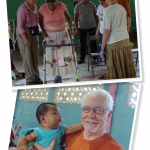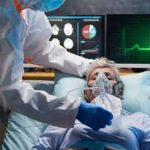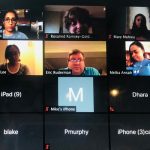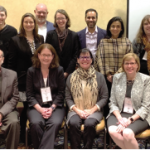Bharat Kumar, MD, Advocacy 101 coordinator and Government Affairs Committee member, describes the virtual program designed to educate and empower rheumatology fellows in training, program directors and ARP members to advocate for issues that affect rheumatology practices and patients in advance of the Advocates for Arthritis that will take place virtually in September.







